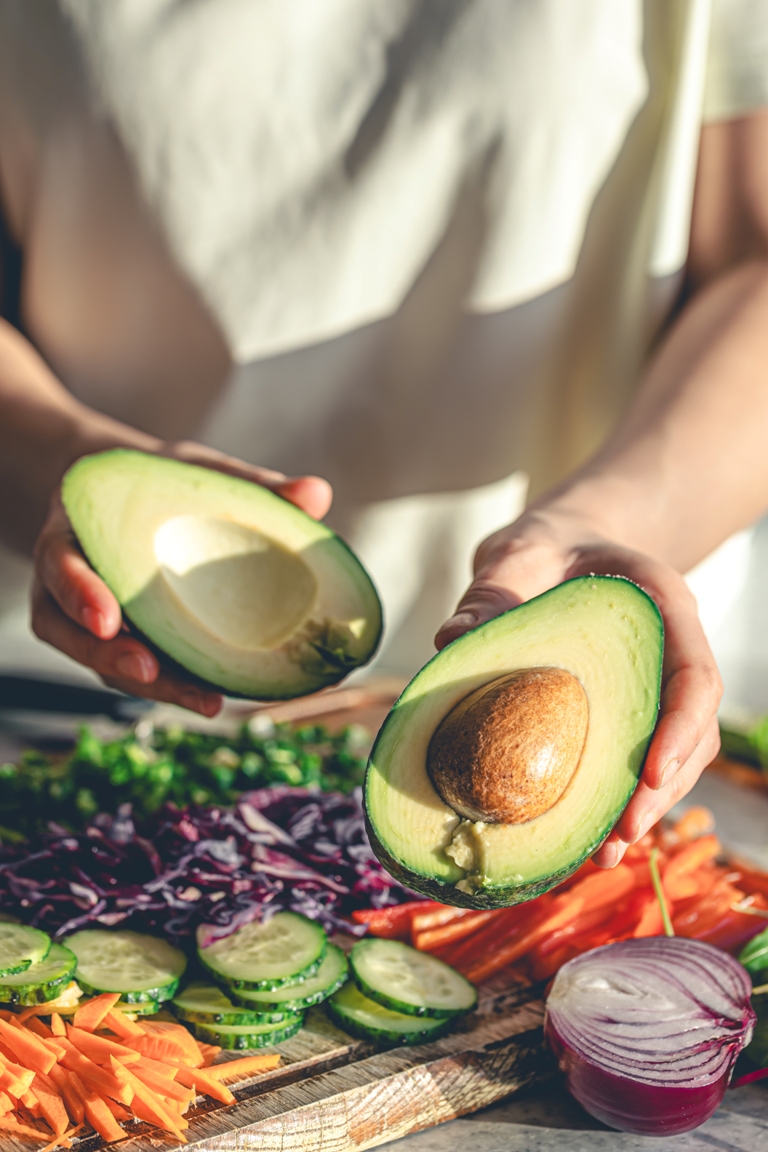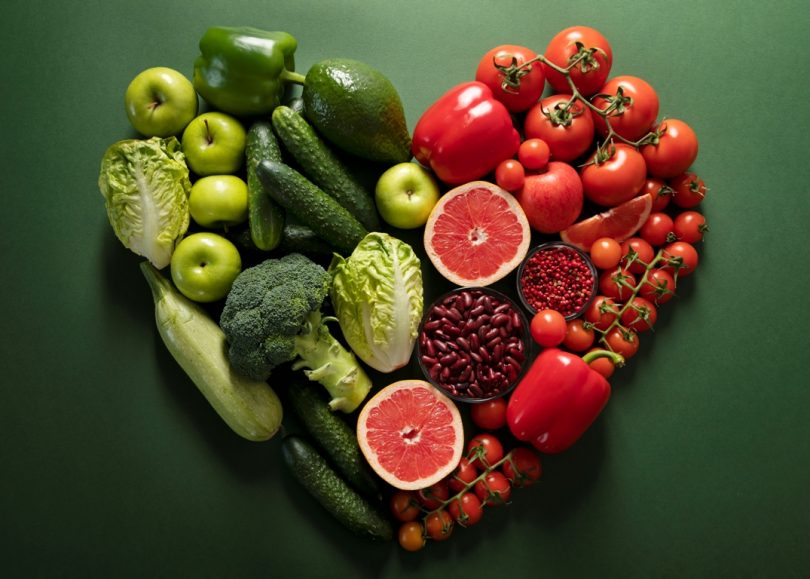Table of Contents
- Introduction to the Ketogenic Diet
- What is Sugar and its Impact on the Keto Diet?
- Recommended Sugar Intake on Keto
- Factors Influencing Sugar Tolerance on Keto
- Managing Sugar Cravings on Keto
- Impact of Sugar Consumption on Ketosis and Weight Loss
Key Takeaways
- Sugar intake on keto: Understanding how much sugar you can consume is crucial for maintaining ketosis.
- Factors influencing sugar tolerance: Individual variations, metabolic health, and insulin sensitivity play key roles.
- Managing cravings: Incorporate strategies like staying hydrated and consuming healthy fats to curb sugar cravings.
- Impact on ketosis and weight loss: Excessive sugar consumption can hinder ketosis and impede weight loss progress.
Introduction to the Ketogenic Diet
The ketogenic diet, or keto diet, is a high-fat, low-carb eating plan that has gained popularity for its potential health benefits, including weight loss and improved metabolic health. By drastically reducing carbohydrate intake and replacing it with fats, the body enters a state of ketosis, where it burns fat for fuel instead of glucose.
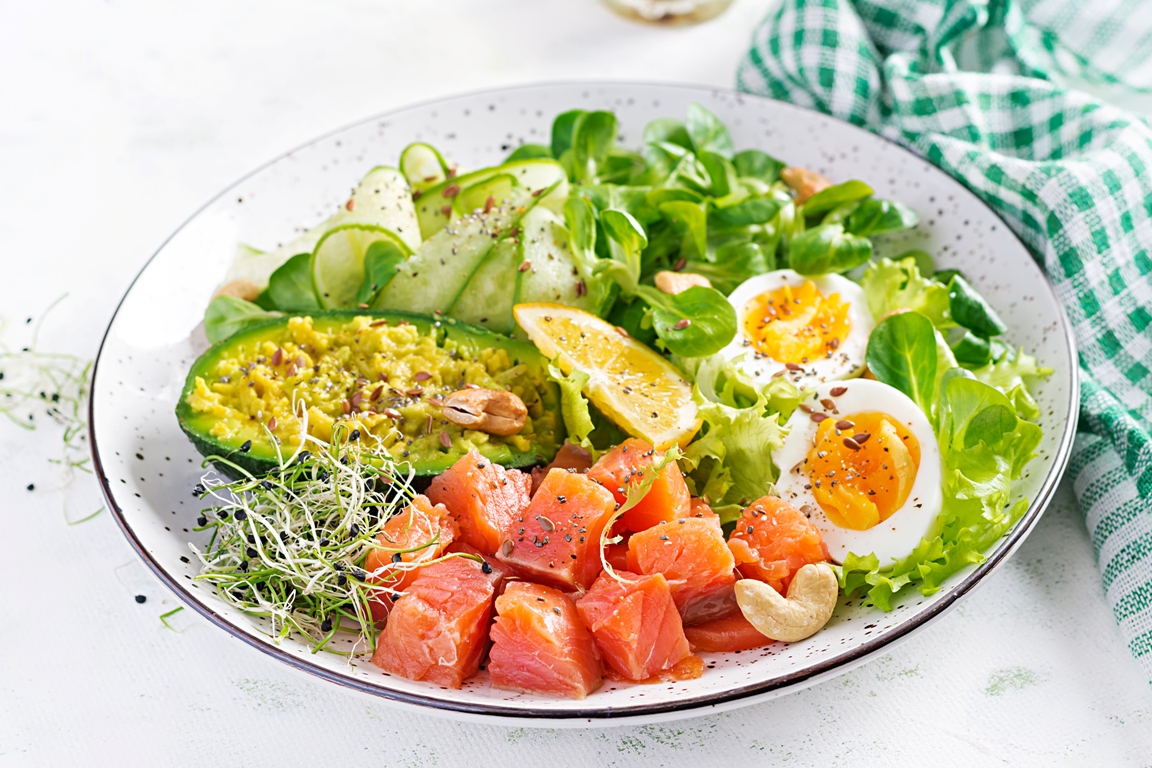
What is Sugar and its Impact on the Keto Diet?
Sugar, in its various forms such as glucose, fructose, and sucrose, is a type of carbohydrate that is quickly metabolized by the body, leading to spikes in blood sugar levels. On a ketogenic diet, the goal is to minimize carbohydrate intake, including sugar, to maintain ketosis.
**Sugar’s Impact on Ketosis:**
| Sugar Type | Impact on Ketosis |
|---|---|
| Glucose | Raises blood sugar levels and can disrupt ketosis. |
| Fructose | Metabolized in the liver and can interfere with ketone production. |
| Sucrose | Composed of glucose and fructose, impacting ketosis similarly to both. |
Recommended Sugar Intake on Keto
While there is no strict limit on sugar intake for everyone following a ketogenic diet, it’s generally recommended to keep total carbohydrate consumption below a certain threshold, typically around 20-50 grams per day. This includes both naturally occurring sugars and added sugars in processed foods.
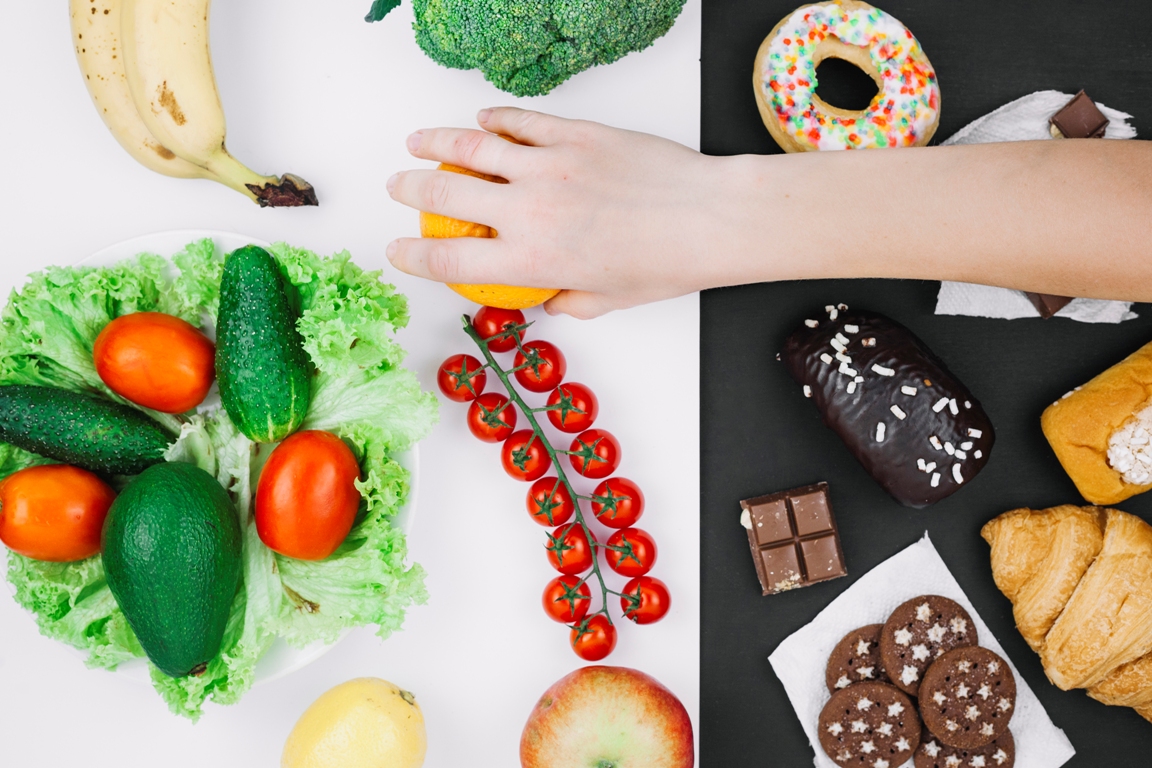
Factors Influencing Sugar Tolerance on Keto
Individuals may have varying levels of tolerance to sugar on a ketogenic diet, influenced by factors such as metabolic health, insulin sensitivity, and activity level. Some may be able to consume slightly higher amounts of sugar while maintaining ketosis, while others may need to be more strict with their intake.
Managing Sugar Cravings on Keto
Sugar cravings can be a challenge for many individuals transitioning to a ketogenic diet. To help curb cravings and stay on track, consider the following strategies:
- Stay hydrated: Drink plenty of water throughout the day to help reduce cravings.
- Incorporate healthy fats: Include sources of healthy fats such as avocados, nuts, and olive oil in your meals to promote satiety.
- Choose keto-friendly sweeteners: Opt for sugar substitutes like erythritol, stevia, or monk fruit to satisfy your sweet tooth without spiking blood sugar levels.
Impact of Sugar Consumption on Ketosis and Weight Loss
Consuming excessive amounts of sugar can hinder ketosis and slow down weight loss progress on a ketogenic diet. High sugar intake leads to spikes in insulin levels, which can promote fat storage and inhibit the body’s ability to burn fat for fuel.
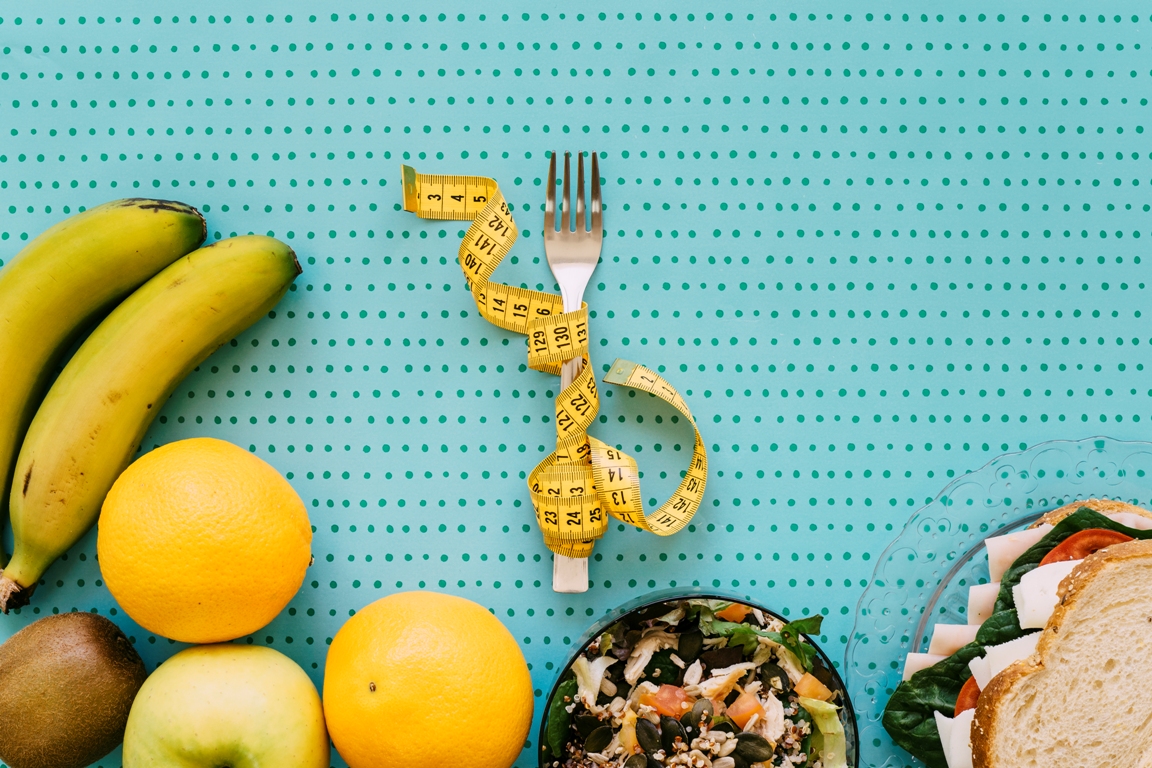
Mindfully manage sugar intake, limit added sugars, focus on nutrient-dense foods for optimal keto journey outcomes.
Frequently Asked Questions
How much sugar can you have on keto?
The amount of sugar you can have on keto varies depending on individual factors such as metabolic health and activity level. However, it’s generally recommended to keep total carbohydrate intake, including sugar, below 20-50 grams per day to maintain ketosis.
What are the best sugar substitutes for keto?
There are several keto-friendly sugar substitutes that you can use, including erythritol, stevia, monk fruit, and xylitol. These alternatives provide sweetness without spiking blood sugar levels, making them suitable for a ketogenic diet.
Can natural sugars like fruit be included in a keto diet?
While fruits contain natural sugars, they also provide essential nutrients and fiber. It’s possible to include small amounts of low-carb fruits such as berries in moderation while staying within your daily carbohydrate limit on keto.
How does sugar alcohol affect ketosis?
Sugar alcohols like erythritol and xylitol have minimal impact on blood sugar levels and insulin secretion, making them popular choices for keto-friendly sweeteners. However, it’s important to consume sugar alcohols in moderation, as excessive intake may still affect ketosis for some individuals.
Is it possible to consume too little sugar on keto?
While the ketogenic diet emphasizes low carbohydrate intake, it’s essential to ensure that you’re still meeting your body’s nutritional needs. Inadequate sugar or carb intake can cause nutrient deficiencies and health issues, so maintain a varied, balanced diet.
What are the signs of consuming too much sugar on keto?
Consuming too much sugar on keto can lead to various symptoms, including increased cravings, fluctuations in energy levels, and potential weight loss plateaus. It’s important to monitor your sugar intake and adjust as needed to maintain optimal health and ketosis.
